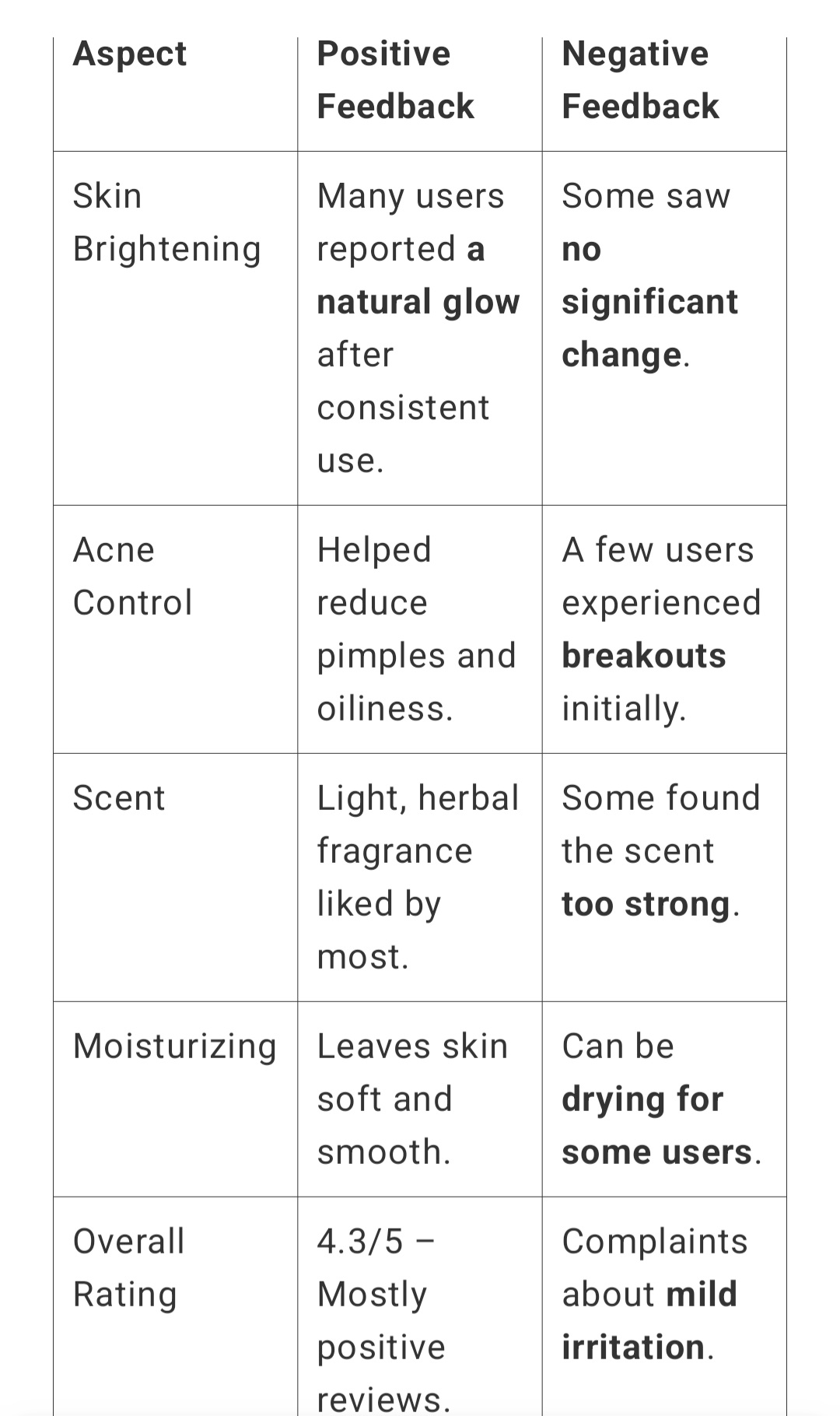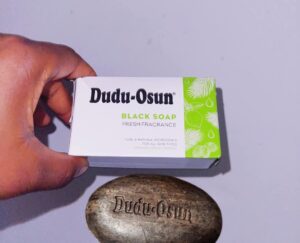Introduction
Imagine stepping into the shower, lathering up with a soap that not only cleanses but also nourishes your skin with natural ingredients. That’s the promise of Ashanti Soap—a popular skincare product known for its herbal components and skin benefits.
But is it really as effective as people claim? Does it have any hidden side effects?
In this comprehensive Ashanti Soap Review and Side Effects guide, we’ll explore everything you need to know—from its ingredients and benefits to potential drawbacks and user experiences.
Whether you’re considering buying this soap or just curious about its effects, this guide will leave no question unanswered.
What is Ashanti Soap?
Ashanti Soap is a herbal-based skincare product known for its natural extracts, essential oils, and traditional African ingredients. It is often marketed as a solution for skin brightening, acne treatment, and deep cleansing.
Key Features of Ashanti Soap:
- Infused with natural ingredients like turmeric, honey, and herbal extracts.
- Promotes skin glow and claims to even out skin tone.
- Deep-cleansing formula that helps with acne, dark spots, and excess oil.
- Free from harsh chemicals like hydroquinone or parabens.
Now, let’s break down the specific benefits and whether this soap lives up to its reputation.
Ashanti Soap Ingredients and Their Benefits
Ashanti Soap is often made with a combination of natural ingredients that contribute to its effectiveness. Here’s a closer look at some of the key components:
1. Turmeric
- Known for its anti-inflammatory and brightening properties.
- Helps reduce hyperpigmentation and acne scars.
2. Honey
- Acts as a natural humectant, locking in moisture.
- Has antibacterial properties that can prevent breakouts.
3. Coconut Oil
- Deeply hydrates and nourishes the skin.
- Provides a protective barrier against dryness.
4. Shea Butter
- Rich in vitamins A and E, essential for skin repair.
- Reduces wrinkles, fine lines, and dryness.
5. Aloe Vera
- Soothes irritation and redness.
- Helps in healing minor cuts and burns.
Each of these ingredients plays a role in enhancing skin health, but what about real-world results? Let’s explore the benefits next.
Benefits of Using Ashanti Soap
1. Helps with Acne and Pimples
The antibacterial properties of honey and turmeric help in controlling acne breakouts, reducing inflammation, and preventing clogged pores.
2. Brightens the Skin
Regular use of Ashanti Soap can help fade dark spots and give your skin a radiant glow.radiant glow.
3. Deep Cleansing
The soap’s herbal formula removes excess oil, dirt, and impurities, leaving your skin fresh and clean.
4. Moisturizes and Softens Skin
Thanks to the coconut oil and shea butter, this soap doesn’t strip the skin of its natural moisture.
5. Natural and Chemical-Free
Unlike many skin-brightening products, Ashanti Soap is free from hydroquinone, mercury, and harsh chemicals.
While these benefits sound promising, it’s also important to understand the potential side effects before making a decision.
Ashanti Soap Side Effects: What You Need to Know
Even though Ashanti Soap is made with natural ingredients, it may not be suitable for everyone. Here are some possible side effects:
1. Skin Irritation
- Some users experience redness, itching, or burning, especially those with sensitive skin.
- This can be due to the presence of turmeric, which may cause irritation in some individuals.
2. Dryness
- If overused, Ashanti Soap might strip the skin of natural oils, leading to dryness or flakiness.
- Those with dry skin should use a moisturizer after cleansing.
3. Allergic Reactions
- Some people may be allergic to honey, coconut oil, or essential oils in the soap.
- It’s best to do a patch test before using it on your face.
4. Sun Sensitivity
- Turmeric can make your skin more sensitive to sunlight, increasing the risk of sunburn.
- Always apply sunscreen after using the soap.
Knowing these potential downsides helps you make an informed decision. Next, let’s see what real users have to say about Ashanti Soap.
Ashanti Soap Reviews: What Are People Saying?
We analyzed multiple user reviews to see how Ashanti Soap performs in real life. Here’s a summary:

User experiences vary, so it’s important to know how to use the soap properly for the best results.
Check this Facebook page more reviews
How to Use Ashanti Soap for Maximum Benefits
Follow these steps to get the most out of your Ashanti Soap:
1. Patch Test First
- Apply a small amount on your arm and wait 24 hours.
- If no irritation occurs, proceed with full use.
2. Wet Your Skin
- Use lukewarm water to open up your pores.
3. Apply and Lather
- Gently massage the soap onto your face or body.
- Avoid scrubbing too hard, especially if you have sensitive skin.
4. Rinse Thoroughly
- Ensure all soap residue is washed off.
5. Apply Moisturizer
- To prevent dryness, use a hydrating lotion or face creamhydrating lotion or face cream after washing.
6. Use Sunscreen
- Since turmeric can cause sun sensitivity, always wear SPF 30+ sunscreen when stepping out.
FAQs About Ashanti Soap
1. Can Ashanti Soap lighten my skin?
Ashanti Soap can help brighten skinbrighten skin by fading dark spots, but it does not contain bleaching agents.
2. Is Ashanti Soap safe for all skin types?
It works well for most skin types but may cause irritation for sensitive skin. A patch test is recommended.
3. How long does it take to see results?
Most users notice improvements within 2-4 weeks of regular use.
4. Can I use Ashanti Soap daily?
Yes, but if you have dry or sensitive skin, it’s better to use it every other day.
Conclusion: Should You Try Ashanti Soap?
Ashanti Soap is a great natural option for those looking to brighten their skin, combat acne, and achieve a deep cleanse. However, individual results vary, and it’s important to monitor how your skin reacts.
If you’ve used Ashanti Soap before, share your experience in the comments below! Also, don’t forget to share this review with someone who might find it helpful.


